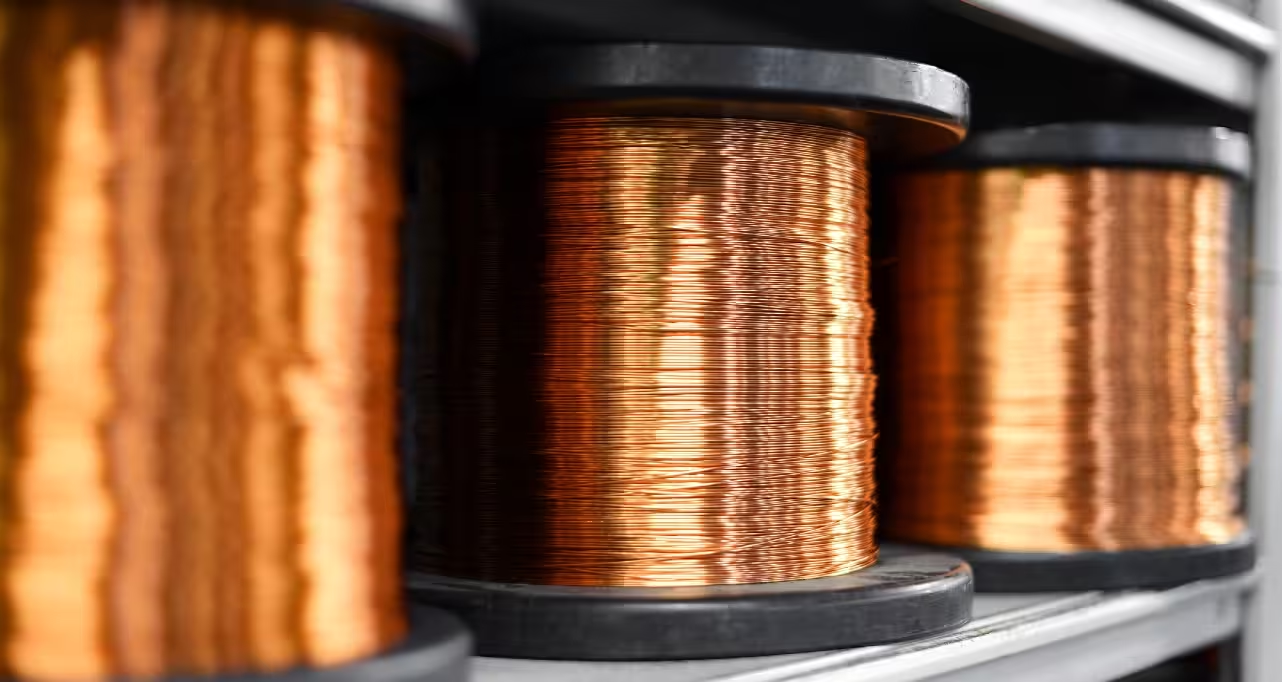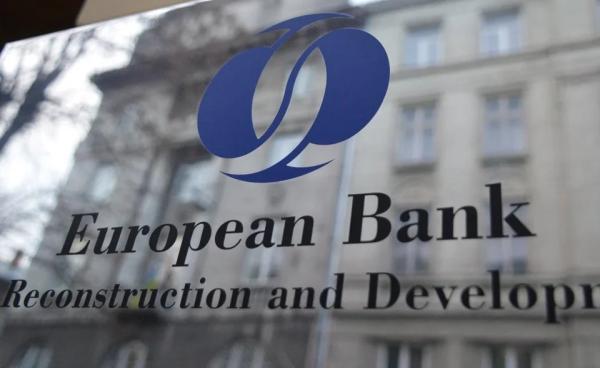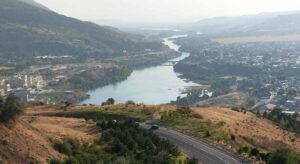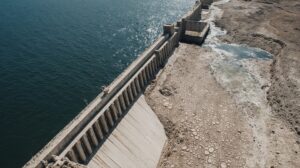The European Bank for Reconstruction and Development (EBRD) is extending a loan of up to €20mn to Artikul Aziya Kabel (AAK), one of Uzbekistan’s top copper cable and wire manufacturers. The investment will boost domestic production and exports, support critical infrastructure, and align with Uzbekistan’s long-term development goals.

The financing will enable AAK to expand its production capacity, particularly in high-demand products like solar cables. This move is expected to help Uzbekistan substitute imports, meet growing demand from the construction and energy sectors, and strengthen the local grid—key elements of the country’s “Uzbekistan 2030” strategy, which includes plans to triple copper production.
By supporting AAK, the EBRD is helping to position the company as a key player in Central Asia’s cable industry and aspires to enhance its competitiveness in EU markets. The project also includes technical assistance to bring AAK’s operations in line with international safety and quality standards, specifically those recognized by the EU’s Verband der Elektrotechnik (VDE).
In partnership with local education institutions, AAK will develop training programmes aimed at improving workforce skills and supporting industry innovation. Additionally, the company will adopt international best practices in corporate governance and operational efficiency.
Uzbekistan has become the EBRD’s largest recipient of investment in Central Asia, with more than €5.5bn committed to 174 projects in the past five years—most of which have supported private sector development.

EBRD’s Role in Advancing Uzbekistan’s Development
A few days ago, the EBRD provided a working capital loan of up to $6mn (€5.7mn) to UzCarlsberg, the Uzbek subsidiary of the Carlsberg Group. The funding is intended to enhance the company’s operational performance and contribute to improving food safety standards within Uzbekistan’s beverage industry.
With a presence in Tashkent, Andijan, and Urgench, the EBRD plays an active role in Uzbekistan’s development, working with the government on a long-term strategy to decarbonize the energy sector and reach carbon neutrality by 2050.
The Bank’s engagement in Uzbekistan also supports key reforms such as strengthening civil society, advancing media freedom, and fostering women’s entrepreneurship. Through platforms like the Foreign Investors’ Council, the EBRD aims to improve the investment environment and accelerate the country’s green transition. In 2024, Uzbekistan contributed €10mn to support the Bank’s infrastructure initiatives.
Earlier, the EBRD forecasted that Uzbekistan’s economy would grow by 6% in both 2025 and 2026.




